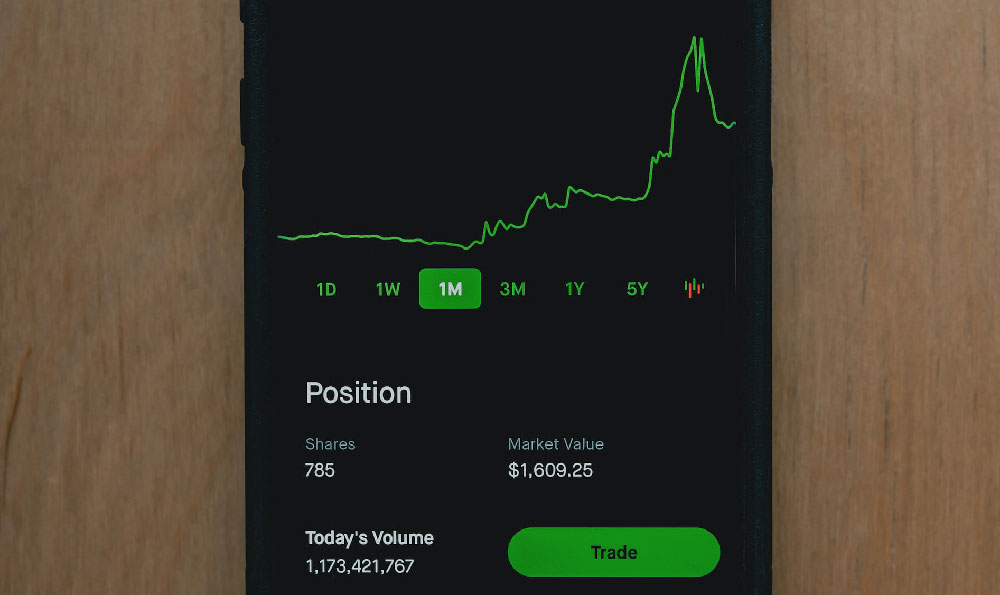Exploring the Potential of Facebook Page Monetization: Leveraging Affiliate Marketing and Online Advertising Strategies
Facebook remains one of the most dynamic platforms for digital engagement, offering a unique blend of community interaction and advertising capabilities that can be strategically harnessed for financial gain. While the social media landscape is constantly evolving, the core principles of affiliate marketing and online advertising on Facebook pages remain grounded in understanding audience behavior, optimizing content, and aligning with monetization opportunities that resonate with both creators and users. Success in this arena requires a balance of creativity, analytical rigor, and long-term vision, ensuring that revenue streams are sustainable without compromising user experience or platform integrity.
The foundation of any profitable Facebook page lies in its ability to consistently deliver value to its audience. Whether through educational content, entertainment, or product recommendations, the page must establish trust and authority. This is where affiliate marketing and online advertising can be seamlessly integrated. Affiliate marketing operates on a performance-based model, allowing page owners to earn commissions by promoting products or services through unique referral links. Online advertising, on the other hand, offers direct monetization through paid promotions, such as sponsored posts or display ads. Combining these two strategies can create a diversified income model, mitigating risks associated with relying on a single revenue source.

A critical factor in maximizing the effectiveness of Facebook page monetization is understanding the target audience. This involves conducting thorough demographic and psychographic research to identify interests, pain points, and purchasing behaviors. For instance, a page focused on fitness may attract individuals seeking health tips, workout routines, or supplements. By tailoring content to these specific needs, creators can organically grow their audience while positioning themselves as credible sources. Affiliate marketing thrives on this alignment, as products promoted must directly address the audience's interests to maintain authenticity and drive conversions. Conversely, online advertising demands precise targeting to ensure that ads are shown to the most relevant demographics, reducing wasted impressions and increasing return on investment (ROI).
Optimizing the content strategy is equally vital for both affiliate marketing and advertising success. High-quality, original content not only attracts followers but also encourages engagement, which is a key metric for Facebook's ad algorithms. For example, informative how-tos, interactive polls, or visually appealing multimedia content can foster a loyal community. When promoting affiliate products, the narrative should be woven into the content to highlight benefits rather than overtly selling. This subtle approach maintains viewer interest while subtly steering attention toward affiliate links. Additionally, consistency in content posting reinforces brand recognition, making it easier to transition into paid advertising campaigns. A well-structured content calendar, personalized to audience preferences and platform trends, ensures that the page remains active and relevant.
The strategic use of Facebook's advertising tools can amplify reach and revenue potential. Sponsored content, in particular, allows creators to target specific audiences based on location, age, interests, and behaviors. By leveraging detailed audience insights, advertisers can refine their targeting to maximize efficiency. For instance, a beauty blog may use Facebook's ad platform to reach women aged 18-34 interested in skincare. This targeted approach not only ensures that ads are shown to high-intent users but also aligns with the ethical consideration of avoiding intrusive or irrelevant promotions. Display ads, such as carousel ads or video ads, offer additional avenues for monetization, particularly when tailored to complement the page's content. However, creators must balance ad frequency to prevent overwhelming their audience, as excessive promotion can lead to engagement fatigue and reduced trust.
A significant barrier to success is the temptation to prioritize quick profits over long-term growth. Many newcomers to Facebook monetization may focus on mass following or high-click campaigns, but this often leads to lower-quality engagement and unsustainable revenue. Instead, fostering a genuine community with authentic interactions lays the groundwork for both organic growth and targeted advertising effectiveness. For example, a page that regularly engages with its audience through comments and messages may see higher ad relevance scores, leading to better ad performance. This approach requires patience, as building a loyal following takes time and consistent effort. However, the payoff is a more resilient audience that is more receptive to both affiliate link clicks and paid ad content.
Another crucial aspect is the importance of data-driven decision-making. Facebook's Ads Manager provides comprehensive analytics on campaign performance, allowing creators to refine their strategies continuously. Metrics such as click-through rates (CTR), conversion rates, and cost per acquisition (CPA) offer valuable insights into what works and what needs adjustment. For instance, if a particular product has a lower CTR, it may be necessary to reevaluate its placement within content or adjust the ad's creative elements. Similarly, tracking the performance of affiliate links can help identify which products are most effective for the audience. This analytical approach ensures that resources are allocated efficiently, reducing wasteful spending and maximizing profitability.
Compliance with Facebook's policies is a non-negotiable element of monetization. The platform has stringent guidelines regarding transparency, especially for affiliate marketing and paid promotions. Creators must clearly disclose their partnerships and ensure that their content does not mislead users. For example, including disclaimers such as "I earn a commission if you make a purchase" builds trust and avoids potential violations. Furthermore, understanding the nuances of Facebook's ad policies ensures that promotional efforts are legally sound and ethically responsible. This not only protects the creator's account but also enhances their reputation, making long-term monetization more viable.
Ultimately, the synergy between affiliate marketing and online advertising on Facebook pages hinges on a holistic strategy that prioritizes user value, data optimization, and ethical practices. By focusing on audience cultivation and content quality, creators can transition smoothly into monetization without compromising their integrity. The key to unlocking substantial revenue lies in adapting to market trends, continuously refining strategies, and maintaining a long-term vision that balances growth with responsible financial practices. For those willing to invest time and effort, Facebook offers a fertile ground for both personal and professional financial success.












